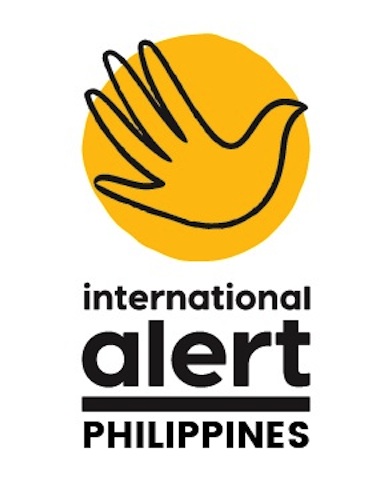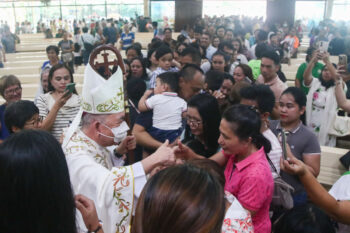29 January 2019
International Alert Philippines grieves with the families of civilians and soldiers that perished during the twin attacks in Jolo, Sulu and with hundreds who were wounded.
The cathedral bombing will not be the last tragic event in Muslim Mindanao as the entire region transitions from war to peace and from deprivation to development.
The transition that we speak of goes beyond the ratification of the Bangsamoro Organic Law (BOL) or the creation of a new Bangsamoro regional government.
In fact, there is no credible evidence that the bombing had anything to do with the recent plebiscite or the NO vote carried by the province.
 State security forces were aware of the heightened risks against the diocese of Jolo long before the chain of events that led to the ratification of the BOL. Targeted attacks against the Abu Sayyaf Group that killed many of its leaders and combatants in 2018 had induced revenge killings against military and police personnel.
State security forces were aware of the heightened risks against the diocese of Jolo long before the chain of events that led to the ratification of the BOL. Targeted attacks against the Abu Sayyaf Group that killed many of its leaders and combatants in 2018 had induced revenge killings against military and police personnel.
Instead, the target and the timing of this attack shows that a wedge is being driven between Muslims and Christians in Sulu, particularly in the capital city. The death and destruction that came at holy mass in a Christian house of worship combines insult and injury to the longstanding, robust, and peaceful communion between Muslims and Christians in the island.
This is what violent extremism does. It creates fissures where there are none, and fractures inter-community relationships that make it easier to radicalize and recruit. It weaponizes religious and ethnic differences as a tool in destabilizing peace, including the sort of peace that the BOL can bring.
The evidence now points in this direction. The Abu Sayyaf Group and its many factions, whether connected to ISIS or not, are the greatest source of instability and continuing violence in the island.
To be sure, any profound or meaningful economic, political, and social change that affects institutions and organizations within state and society is also bound to face resistance from local strongmen and other traditional powerholders, vested interests, both local and regional, foreign and domestic.
But they are not the likely instigators of this attack, and to reinforce a so-called link between this attack and their public advocacy and campaign to reject the BOL in Sulu will only hurt and divide, rather than unite the island and the region in resisting extremist violence. It is also a disservice to the Bangsamoro project in the long run.
Like the rest of the country, Sulu is experiencing rapid economic, political, and social change that threatens the status quo and “business as usual.” It is an important gateway in Mindanao’s engagement with the broader Southeast Asian region, and its cross-border trade can provide the significant resources and revenues to enable progress and prosperity for the Bangsamoro.
This makes Sulu a magnet of attack and an attractive target for extremist groups that want to exclude the island from the rest of Muslim Mindanao.
The Bangsamoro Transition Authority faces many challenges, foremost of which is ensuring the inclusion and protection of groups that may not want the BOL but will have to accept its ratification.
We call on all groups to be steadfast in the important task of bringing people together, in providing opportunities for settling differences without violence, and in protecting the gains of peace in hopeful yet fragile conditions. ###
International Alert Philippines is a peacebuilding NGO that examines and studies both new and enduring causes and triggers of conflict, including extremist violence, shadow economies of illegal drugs and illicit weapons, identity-related violence, and resource conflicts. It runs Conflict Alert, a subnational conflict monitoring system, the only one of its kind in the country, that tracks the causes, costs, and manifestations, or violent conflict in the ARMM, Davao and Caraga regions. It also runs a strong youth program to fight discrimination and promote their meaningful socio-economic and political participation.
